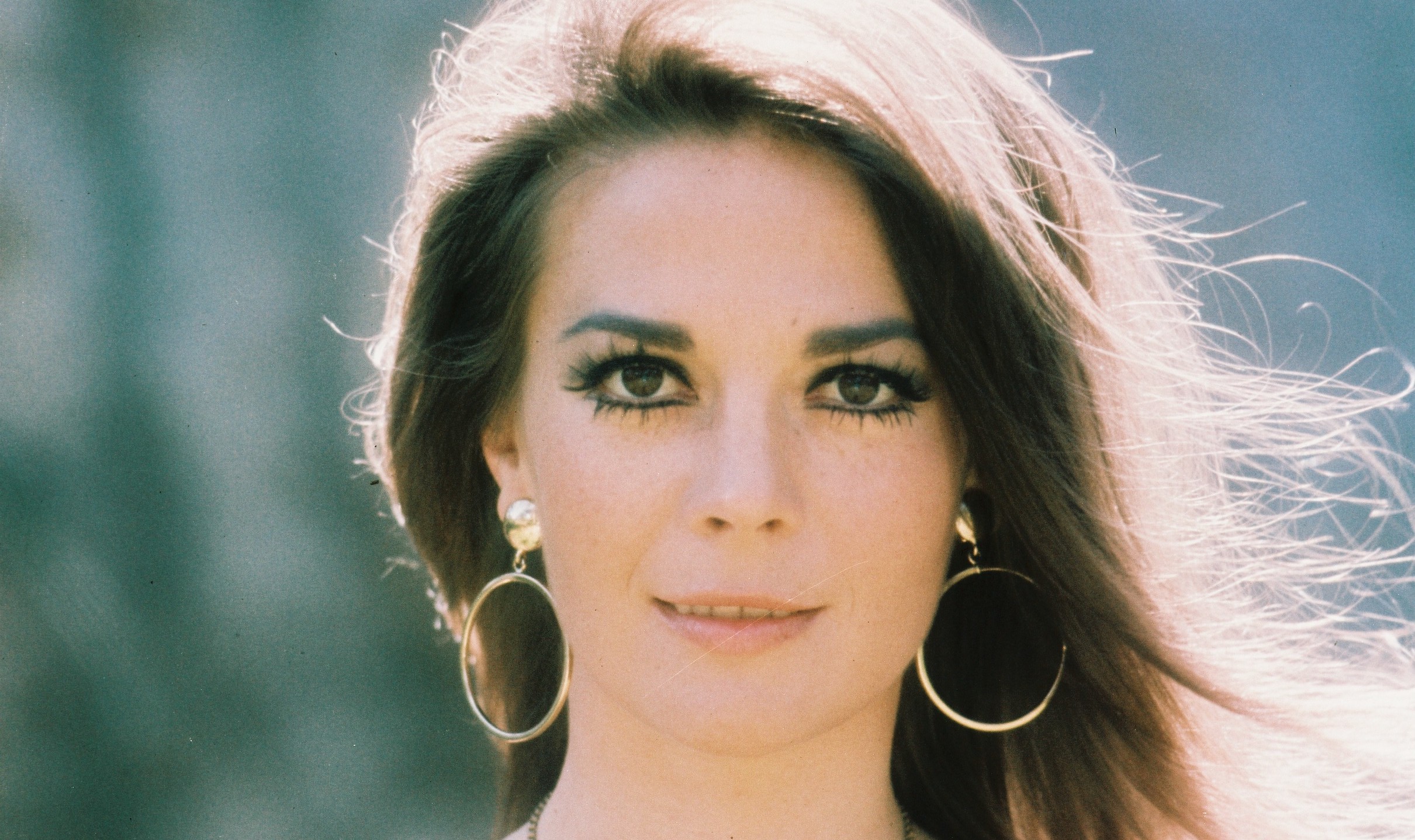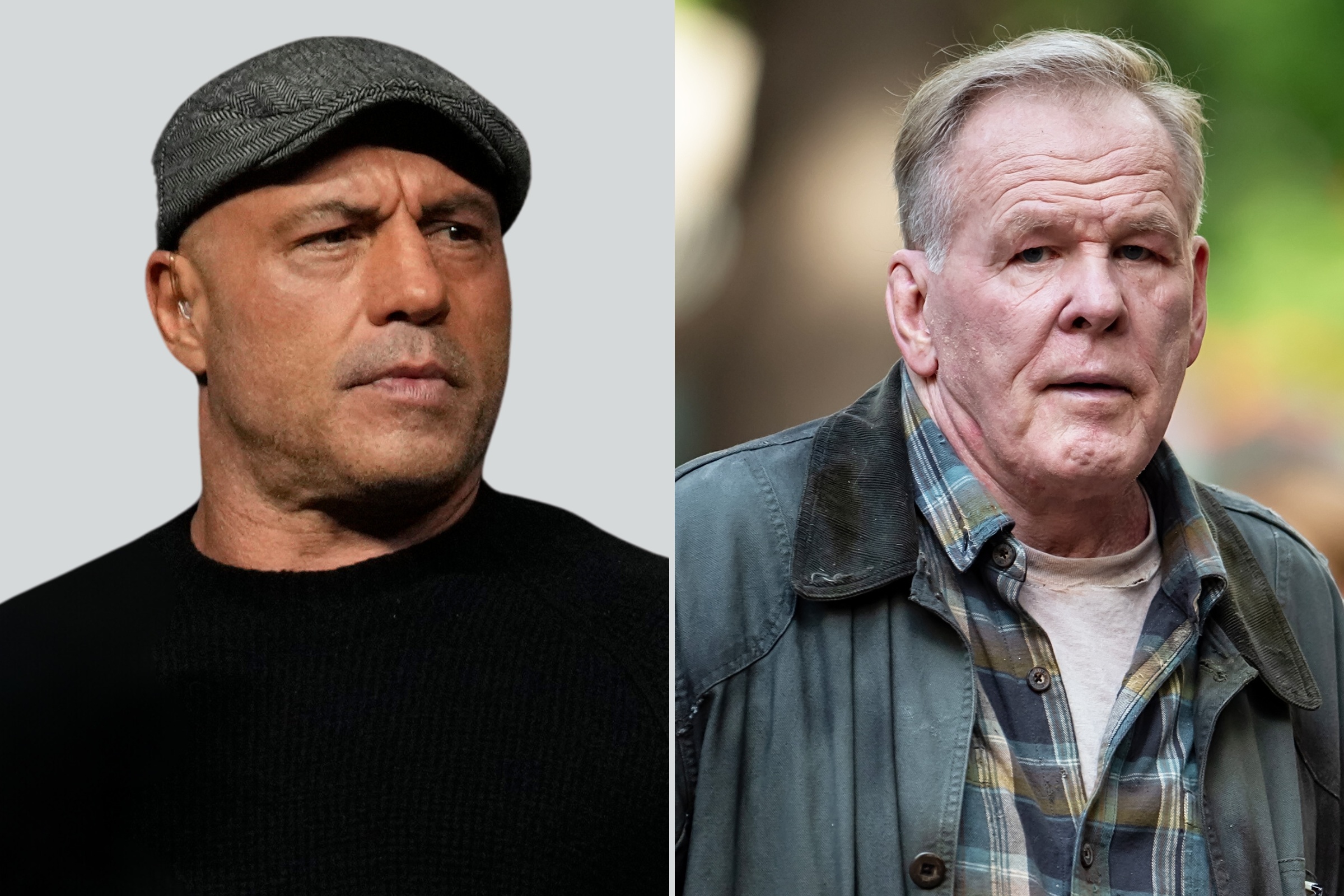Working on the crisis lines at a national suicide prevention organization for LGBTQ young people over the past few weeks has been tumultuous, to say the least. The day after the 2024 presidential election, we observed a nearly 700 percent increase in the number of young people reaching out to The Trevor Project's crisis services—marking the single largest daily contact volume on record since we started offering 24/7 services in 2019. While this work is always heavy, witnessing the avalanche of contact after contact share their unique yet overlapping feelings of hopelessness and helplessness broke my heart.

Young people contacted our counselors with a variety of election-related concerns and anxieties, but one of the most common topics of conversation was health care. Many young people are worried the routine medicine they need will be taken away—simply because they happen to be transgender. Next week, the Supreme Court will begin hearing arguments for a case that could affirm these young people's fears, or give them a reason to exhale in relief.
On Dec. 4, 2024, the Supreme Court will hear arguments on whether it is unconstitutional discrimination for the state of Tennessee to ban certain medicines for transgender people under age 18 that they readily allow for all other young people. While I may not be a constitutional scholar, from my perspective, this case could not be clearer—when you give non-transgender youth access to the exact same medication that you deny youth who are transgender, that is blatant discrimination.
For me, this Supreme Court case hits close to home, literally. I live just a few minutes from the Tennessee/Virginia border. While I love being a Virginia resident, Tennessee holds a huge piece of my heart. It's where I do most of my shopping and visit my favorite restaurants. It's where my doctor is located, and where my child was born. The South often gets a bad rap for being unaccepting, but I know so many kind, loving people in Tennessee, Virginia, and across the region who have no tolerance for discrimination; who take the position of, "just let people go about their lives, and leave them alone."
Transgender young people in Tennessee need our support. They do not need to feel further singled out and isolated by discriminatory laws, like the one being reviewed in this case. According to The Trevor Project's research, 50 percent of transgender and nonbinary youth in Tennessee seriously considered attempting suicide in the past year, and 70 percent said their family has considered moving to a different state because of anti-LGBTQ politics and laws. These numbers are staggering. But considering the way that people have been playing politics with young transgender people's lives over the past few years, they are not surprising.
Most people haven't heard much about health care for transgender people until very recently. But it is nothing new; it's based on more than four decades of scientific research and medical expert guidance, and it is backed by every major medical and mental health association in the U.S. Overwhelming, these medicines support young people in going on to live happy, healthy lives.
Research shows this type of health care is significantly associated with better mental health outcomes among transgender and nonbinary young people, a group that faces disproportionate suicide risk compared to their peers. Transgender and nonbinary young people who receive this type of care have reported lower rates of depression, suicidal thoughts, and suicide attempts.
Fewer than one in three people say they personally know someone who is transgender. It is reasonable for people to not fully understand what it means to be transgender, or how vital it is to protect access to certain medicines. But even if you know nothing about transgender young people, you should agree that making medicine illegal for transgender youth, while allowing all other young people to receive it, is wrong. That is discrimination, clear as day.
It is no one's business what is inside a family's medicine cabinet. As a parent, I should have the freedom to care for my child how I see fit. My family should be able to make decisions together, guided by what my child needs and what our providers deem best. The government should absolutely not be making these decisions for us.
I sincerely hope the Supreme Court will affirm that the ban in question is unconstitutional, and rule that transgender youth should simply be treated the same as all other youth. Whether you live in Tennessee, or Virginia, or anywhere else in the U.S., our constitutional protections ought to apply to all of us, in every corner of this country. That includes transgender young people.
Mandy Fuller is senior manager of crisis services at The Trevor Project.
The views expressed in this article are the writer's own.



















 English (US) ·
English (US) ·